None of the Baltic initiatives made into the list of European Union priority projects that will get money from EU’s joint budget. Lithuania, Latvia and Estonia will have to manage their massive and unfeasible economic projects in transport and energy, all aimed at dissociating themselves from Russia, purely on their own budgets. Europe no longer has the money, nor the desire to pay the Baltics for their historic trauma and psychological complexes, which are at the base of all of their infrastructural initiatives.
Last Autumn, Lithuanian PM Saulius Skvernelis voiced the open secret: the liquefied natural gas terminal in Klaipėda is “a burden on Lithuanian taxpayers.” The project is losing them money: the terminal is running on only 20% capacity, there is no way to get back the money on the rent of the Independence vessel, the terminal’s product costs half as more than the Russian pipeline gas, Latvia and Estonia don’t want to buy liquefied natural gas from Klaipėda and the Lithuanian government is barely making ends meet, while trying to find money in the national budget each year to support “energy independence.”
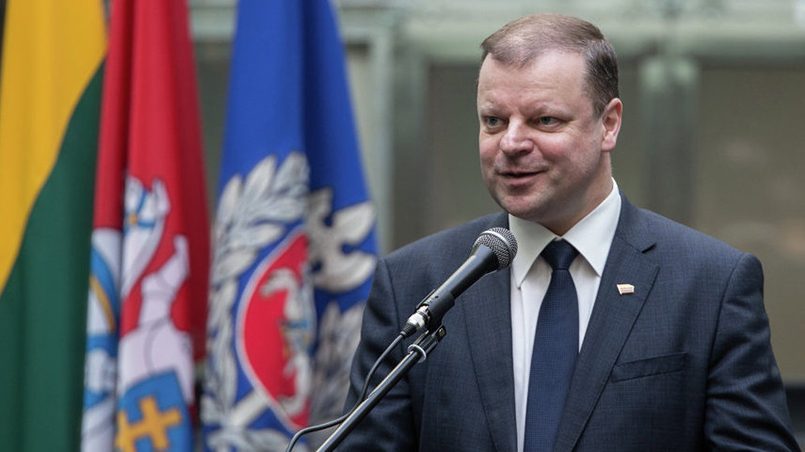
As usual for the Baltics, the main hope of survival for the absurd energy project is in European Union money. If the Lithuanian LNG terminal will be recognized as a regional one, as in, being a venture of not just Lithuania, but Latvia and Estonia as well, then the European Commission will pay for part of the upkeep expenses from the EU budget.
In order to get Independence recognized as a regional project and move the “burden” of the LNG terminal from the Lithuanian taxpayers unto all of Europe, the Lithuanian government had a cunning plan of creating a common LNG market for all of the Baltic countries. This market is to include the active LNG terminal in Lithuania, the future LNG-terminal in Estonia and the Incukalns underground gas storage in Latvia. If the EU would support the Lithuanian initiative, then Vilnius would be able to get 150 million euro compensation from the EU budget to help support the troubled Independence.
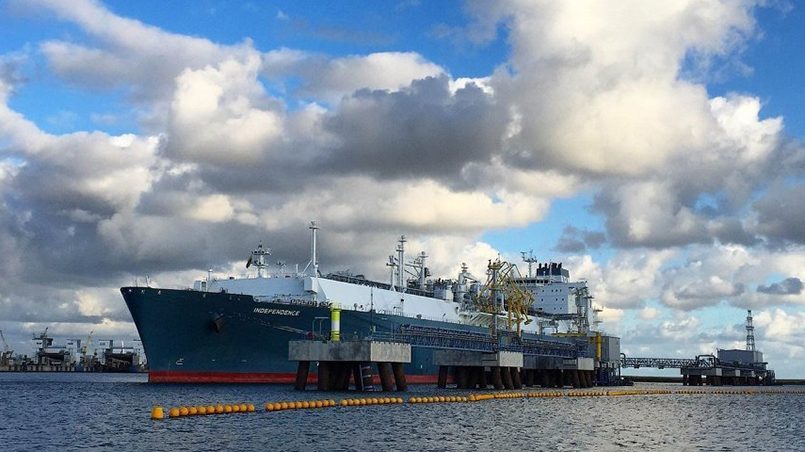
But the miracle never happened.
The European Commission did not add the common LNG market project to the Projects of Common Interests (PCI) list, showing that the Baltic fight for energy independence from Russia is of no interest to Europe and the Baltics are not getting any money for it.
This means that the Klaipėda LNG terminal will not get its regional status and the Lithuanian budget will have to struggle to finance it without any support from Brussels. The Lithuanian ministers honestly admitted that the European Commission decision if defeat for Lithuania.
Lithuanian Energy Minister Žygimantas Vaičiūnas admitted that Lithuania’s efforts were aimed at “optimizing the LNG terminal expenses.” “And concerning the project not getting into the project list (EU’s PCI list – note RuBaltic.Ru), then I want to welcome it a sign of the current reality,” said the minister.
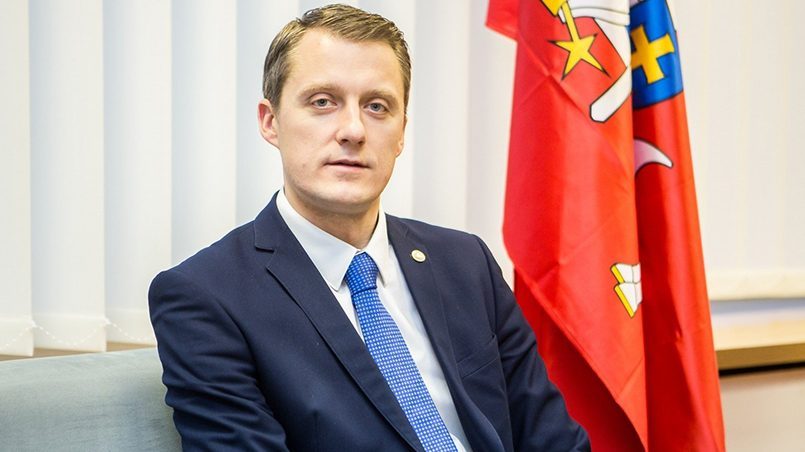
The true meaning of the European Commission’s refusal to give money to another Lithuanian bout of stupidity is apparent if one looks at the European Union’s feelings towards the Baltic infrastructure projects.
Before the EU refused to give Lithuania money for its failing LNG terminal, Brussels basically blocked the completion of the Rail Baltica track.
European Commissioner for Transport Violeta Bulc in September 2017, said that further funding of the Rail Baltica project after 2020 will depend on talks of a new EU 7-year budget. In the current financial situation, Brussels will honor its commitment to fund 85% of the Rail Baltica project, but the prospects of the final stages of the railroad’s completion after 2020 seem uncertain.
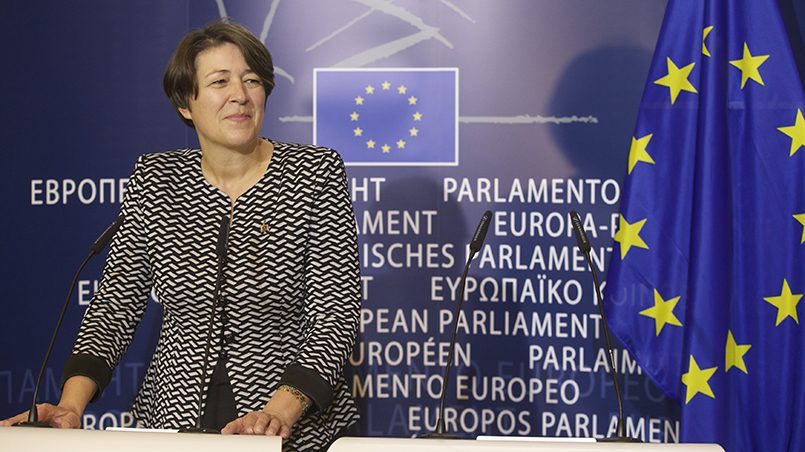
With Brexit, the lower income of the European budget and the common focus on closing down equalizing programs and closing EU structural funds that supported New Europe, these words are just as strong as saying that after 2020, the Rail Baltica financing will be stopped.
The Lithuanian story with the LNG terminal is developing just like Lithuania’s previous megaproject in order to “attain energy independence” – the Visaginas Nuclear Power Plant. These two stories have a lot in common. In both cases, specialists all said that the Lithuania project is economically absurd and would never be feasible. In both cases, Lithuania tried to rope Latvia and Estonia in, but both refused, because they were expected to invest an unreasonably high amount of money into a foreign project on foreign territory.
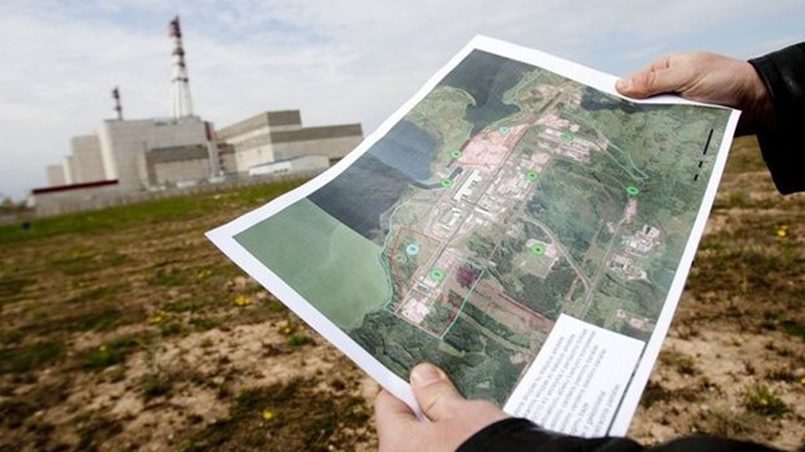
And finally, with the nuclear plant and the LNG terminal, Vilnius’ main hope was EU money. And in both cases, the European Union did not give Lithuania the money. The difference is that the Visaginas NPP was never built due to this, while the LNG terminal - they don’t know how to get rid of.
This an ambiguous trend.
Europe is consistently turning down money from big Baltic infrastructural projects aimed at dissociating Lithuania, Latvia and Estonia from Russia.
Visaginas NPP, LNG terminals, electric cables with Poland and Sweden, the Rail Baltic line – all of that was not about developing the economy and turning a profit, these projects had no business cores. They were just ideology and political slogans: European choice, divorce from Moscow, purging the occupation legacy, returning home.
Closing the Ignalina NPP and building the Visaginas NPP was not done so Lithuania could make more money, but in order to cut ties with Rosatom.
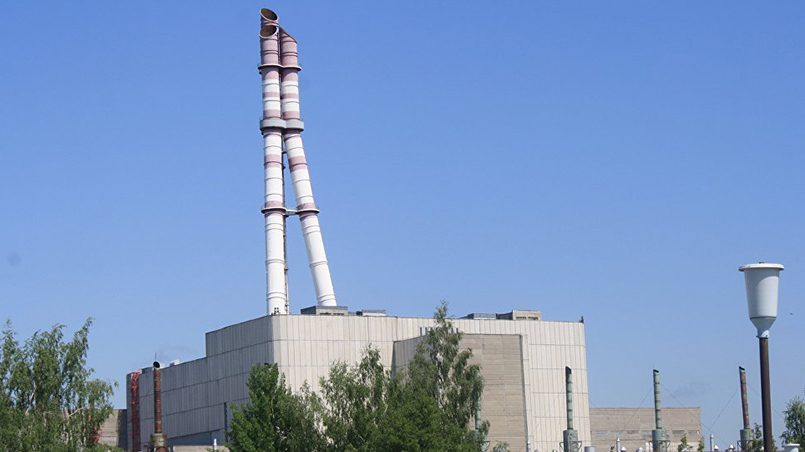
Buying liquefied natural gas through LNG terminals was not done due to its lower price when comparted to Russian gas, it was done to attain “energy independence” from Russia.
The Baltics want a shorter railway track not to run shipments on it, but to get that feeling of being a full-fledged part of Europe.
The Baltics want to leave the BRELL energy ring, not because they are having trouble with power supply, but because “democratic” Estonia, Latvia and Lithuania can’t be in the same network as the “authoritarian” Russia and Belarus.
All of the Baltics’ infrastructural projects, which have Vilnius, Riga and Tallinn begging the EU for money, are based on psychological complexes, phobias and historic traumas. “We are real Europeans”, “We left to the West”, “This is a divorce with Russia” – the Baltics need money for they PR and to convince themselves, and not to invest into the economy.
And Europe responded: it told them they would have to “divorce” Russia on their own and they would have to pay for their psychological complexes on their own as well.
Ten or fifteen years ago, when the European Union, at its economic and political peak, took the Baltics into the Union, they could afford the quirks of Lithuania, Latvia and Estonia. Today, the crisis-weary European Union had no money or desire to sponsor the Baltic hallucinations.
That is why the construction of the Rail Baltica track is in question after 2020, Brussels told Lithuania to shove off with their nuclear plant, as well as their LNG terminal. And the European Commission is demanding that they actually provide a valid reason as to why the Baltics want to leave BRELL. “Fighting the cursed occupational past” and other “ideological reasons” will no longer cut it: give a proper reason why Europe once again has to waste time and money on you and cut you off BRELL?
Europe is telling it to Baltics straight up: there is no more money for you. They will have to fund their tantrums on their own. Leaving BRELL, LNG terminals, nuclear plants, railways – all on their own money. If they have the money for that, of course.
Translated by Pavel Shamshiev







